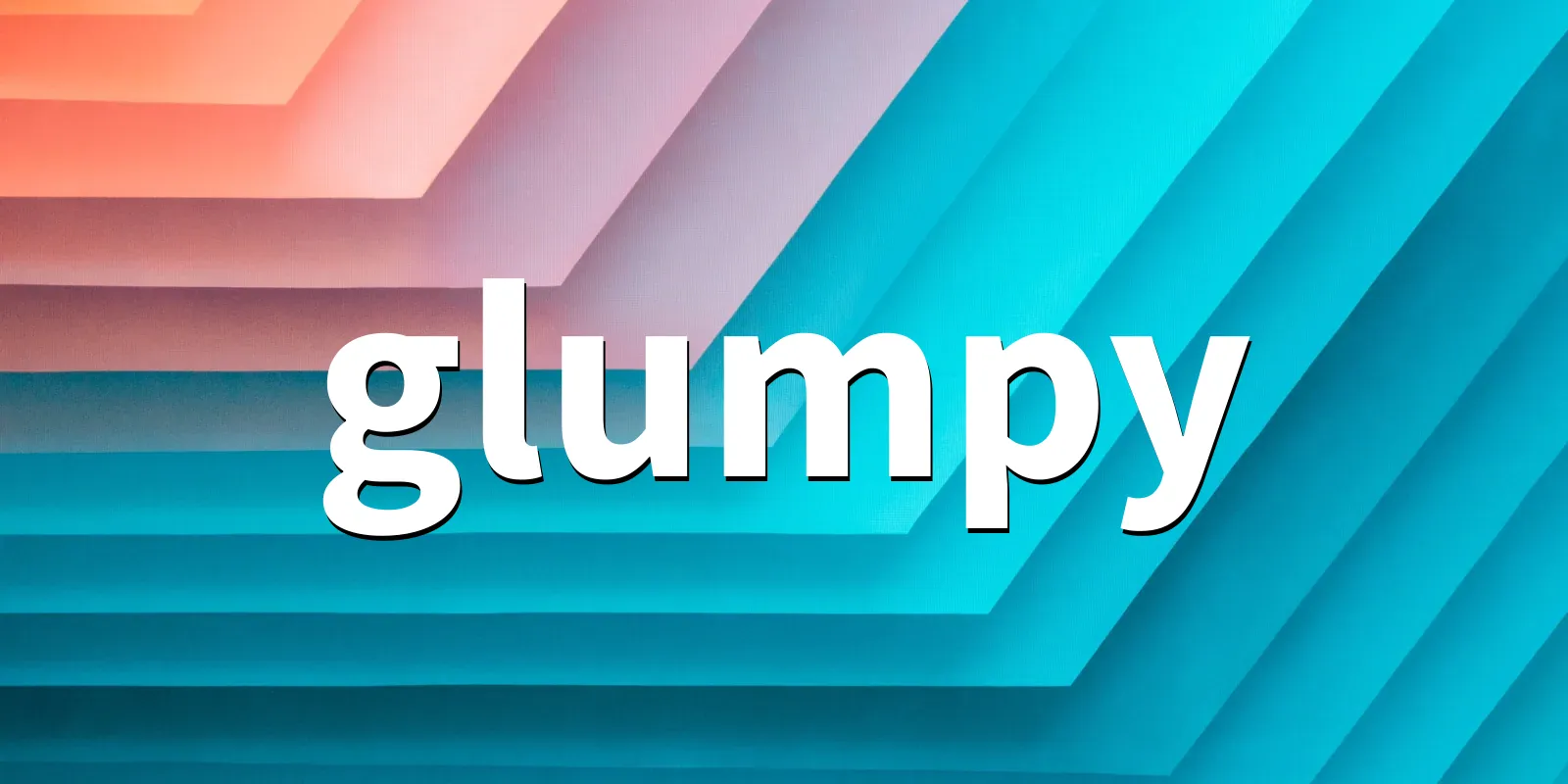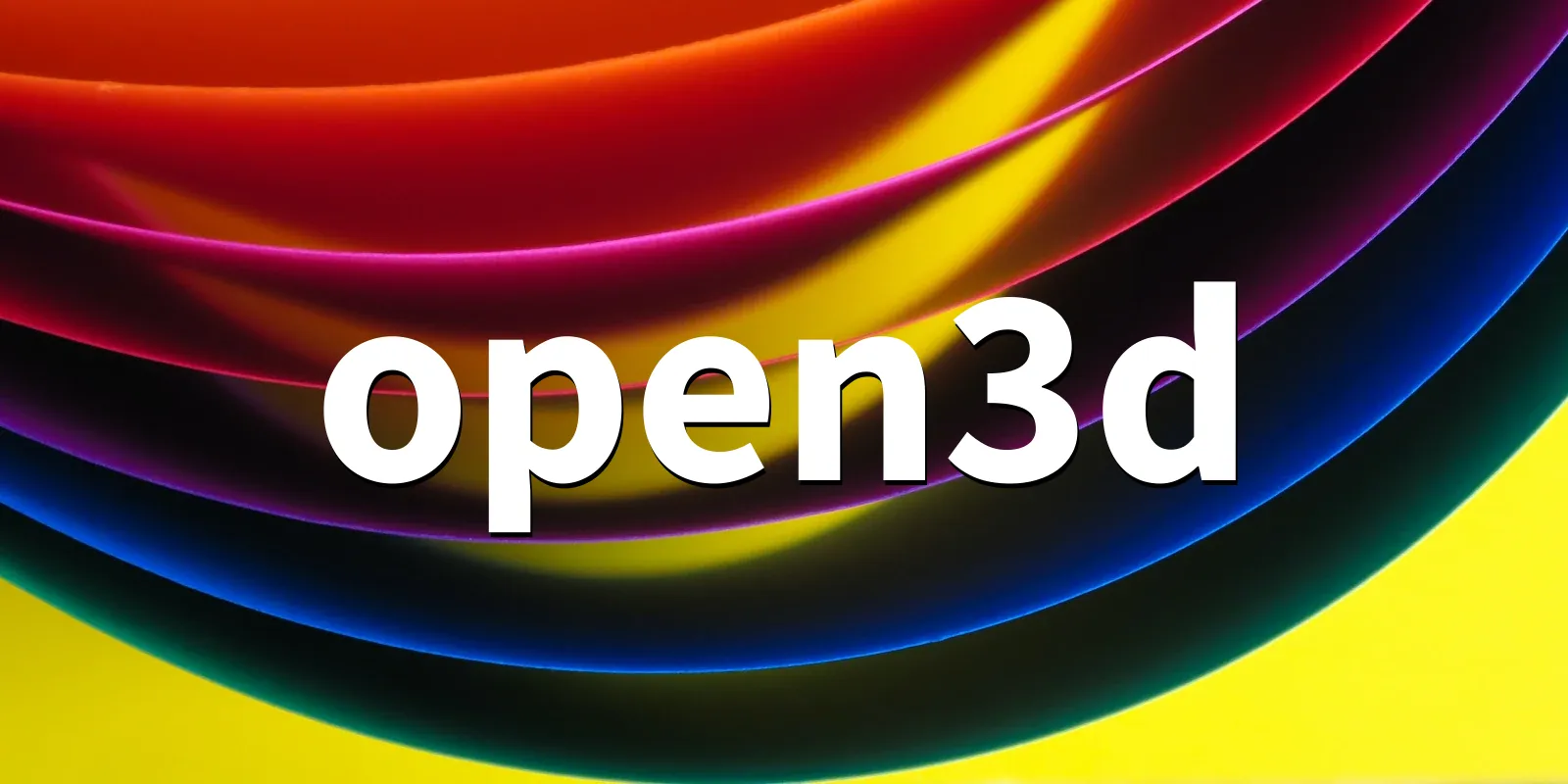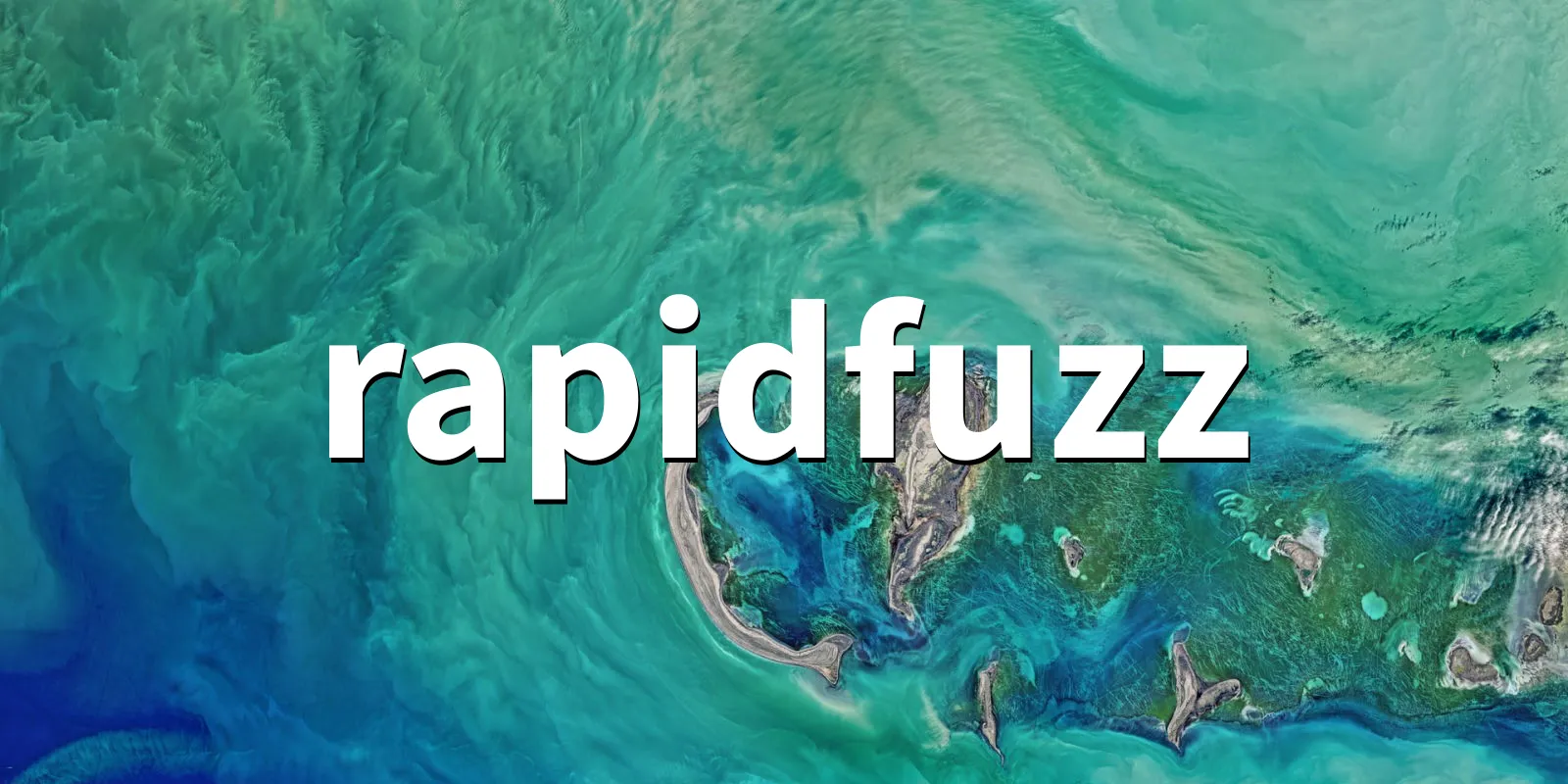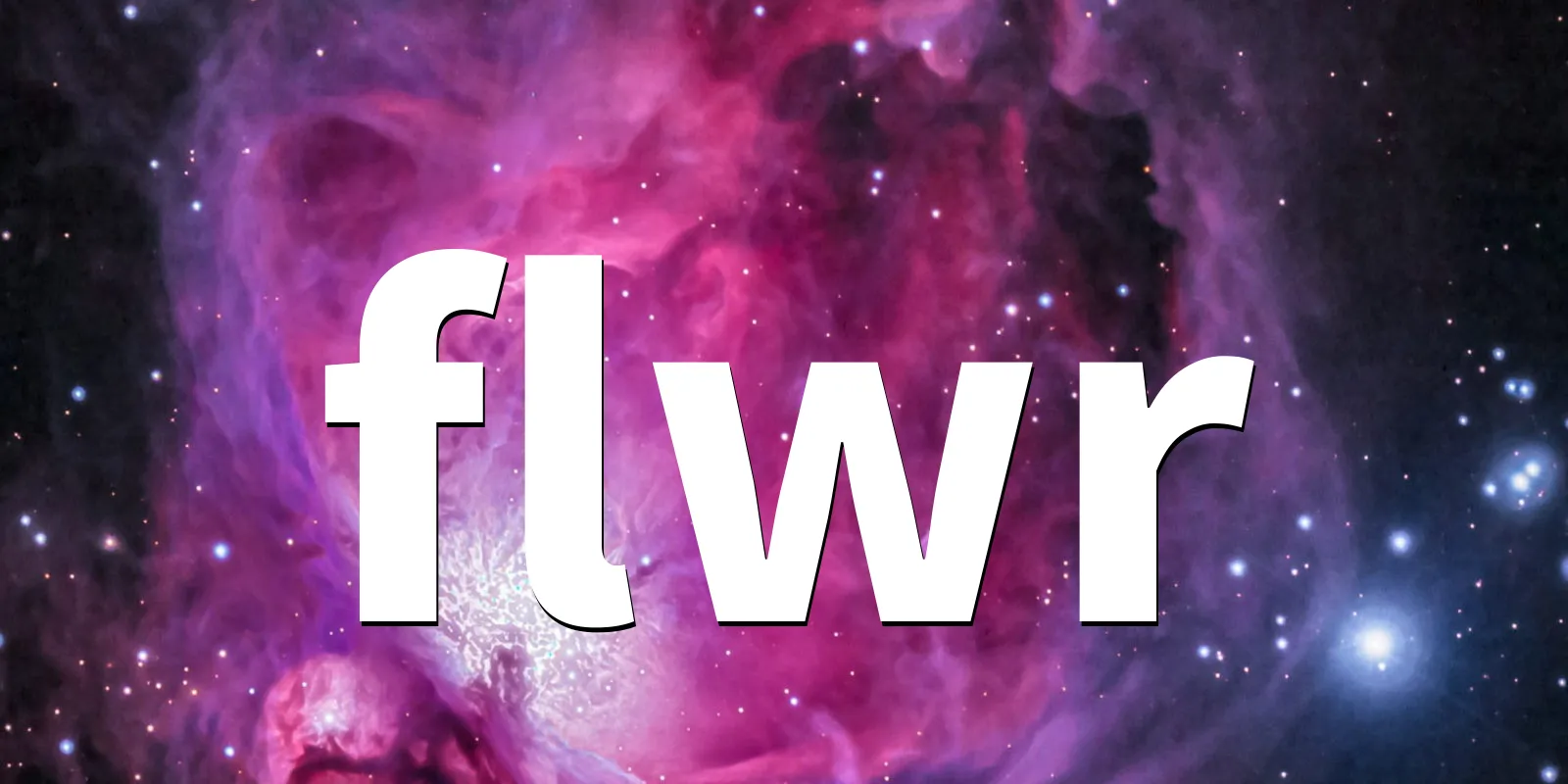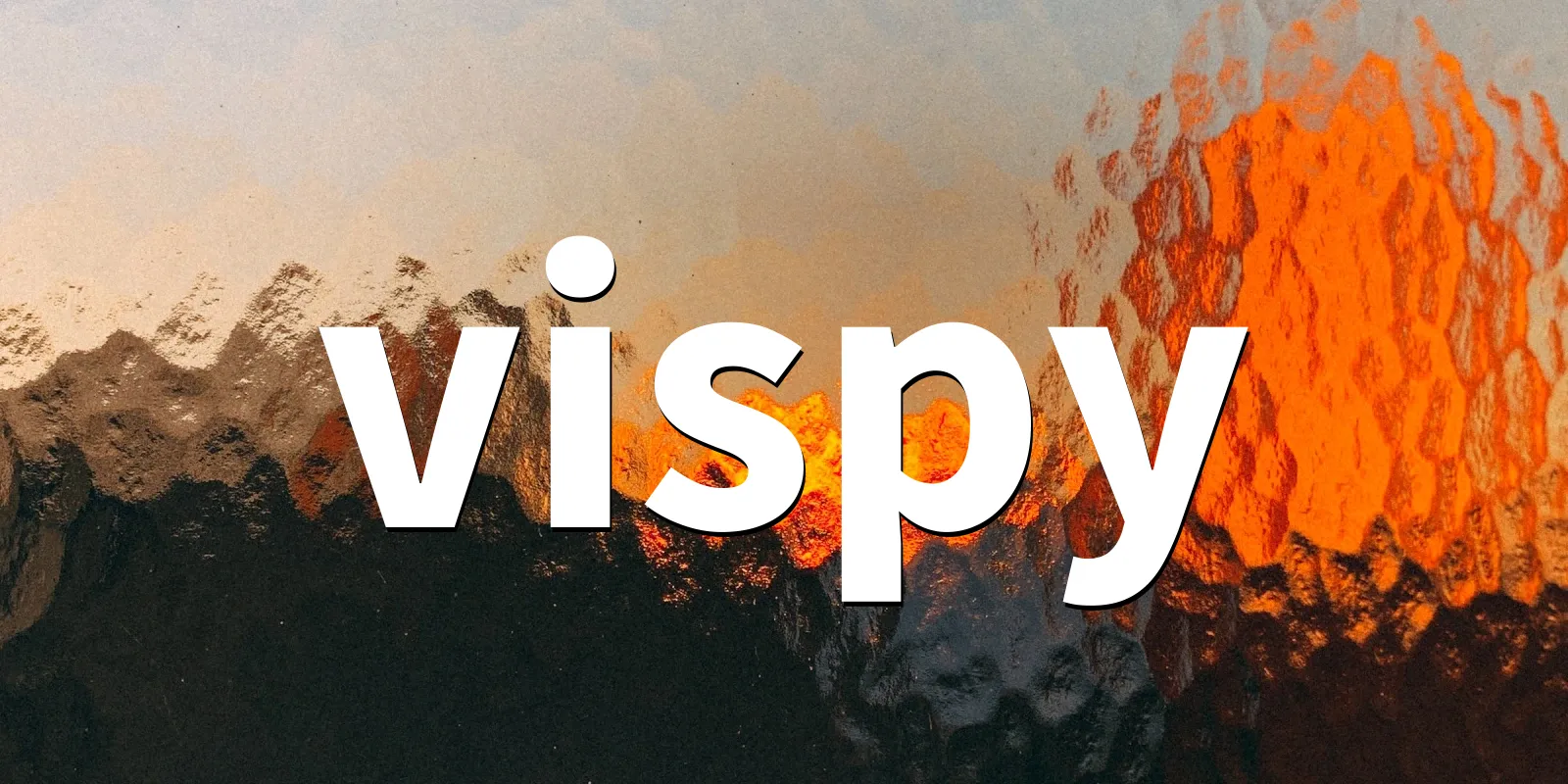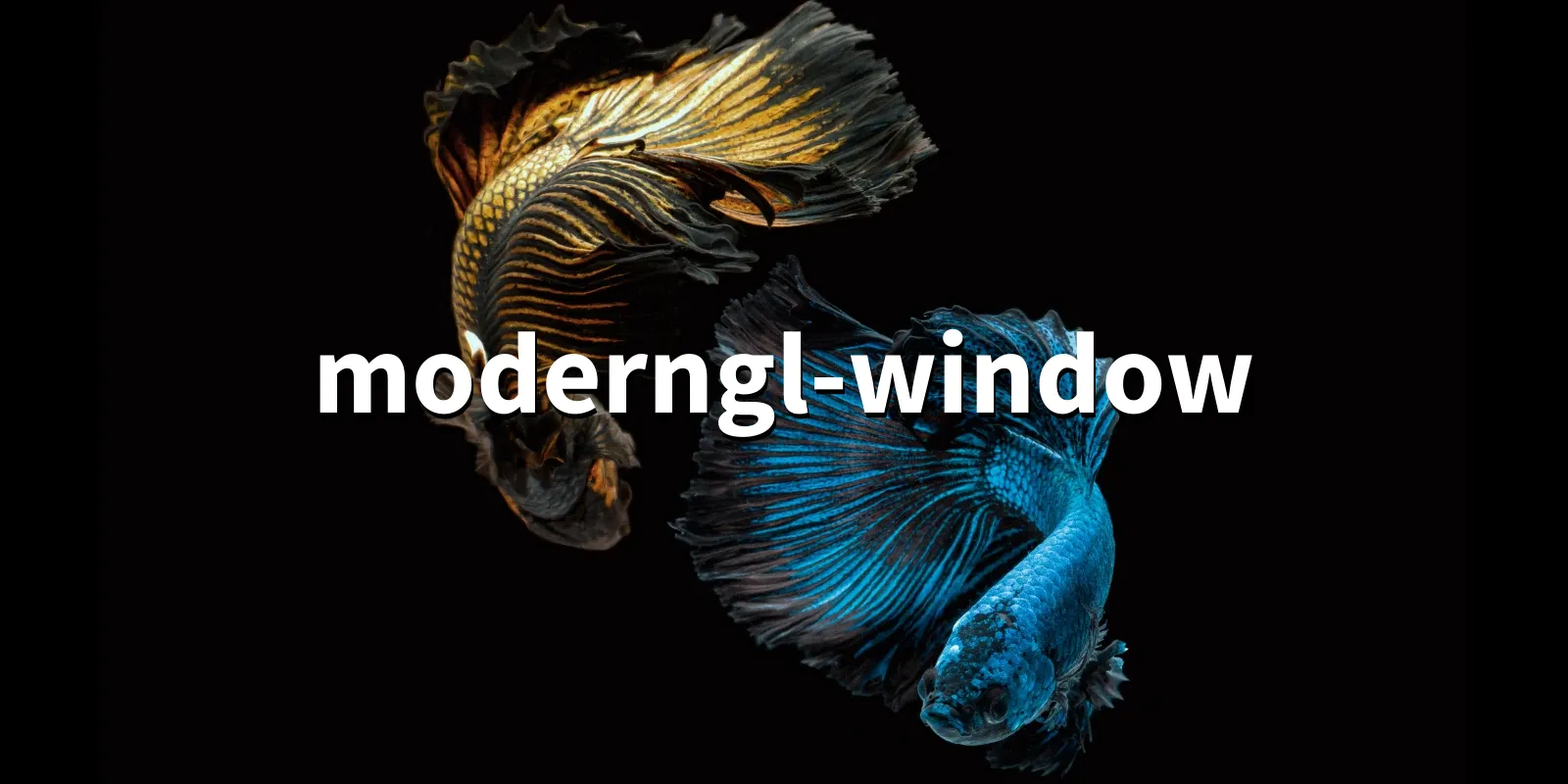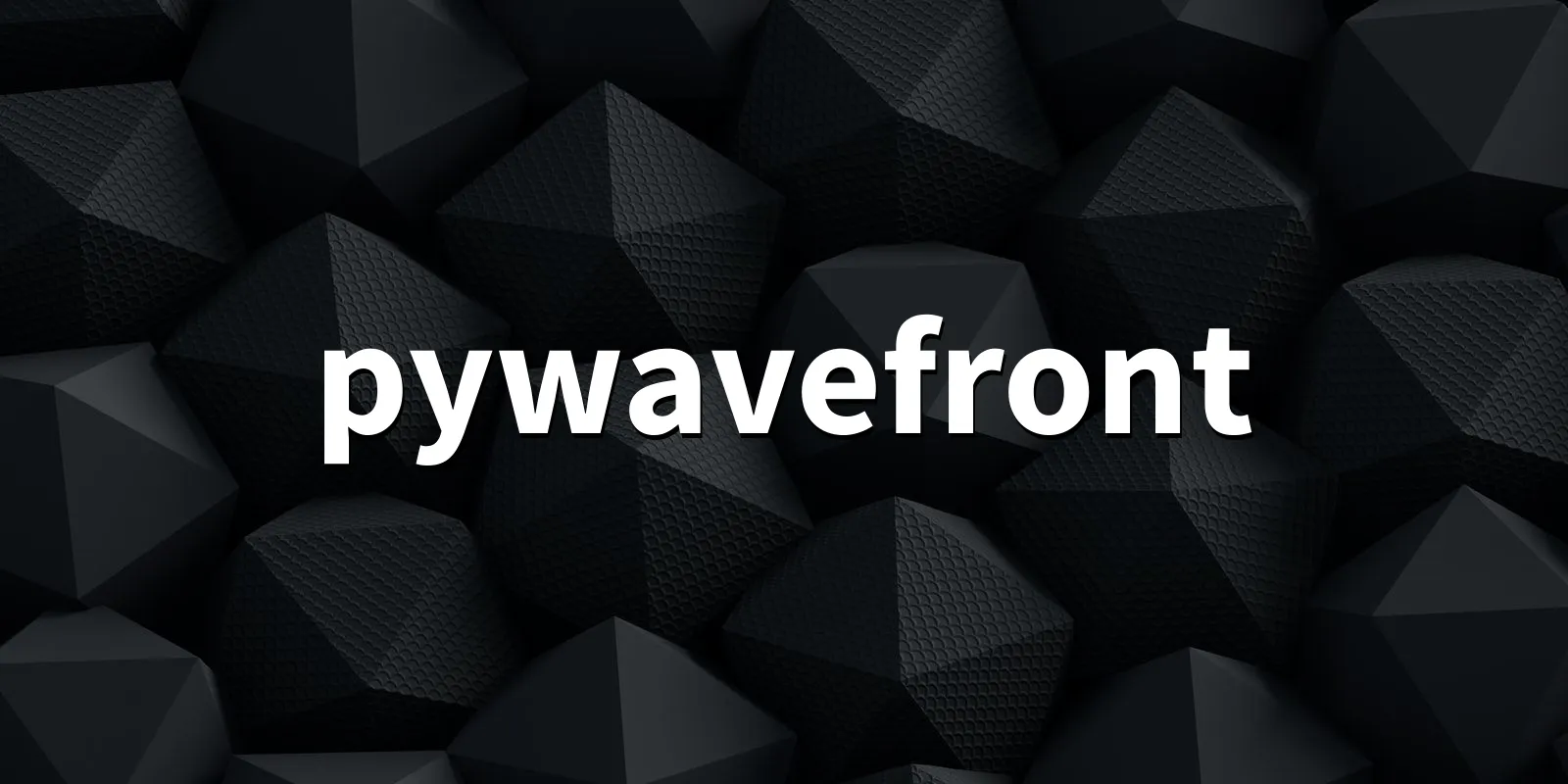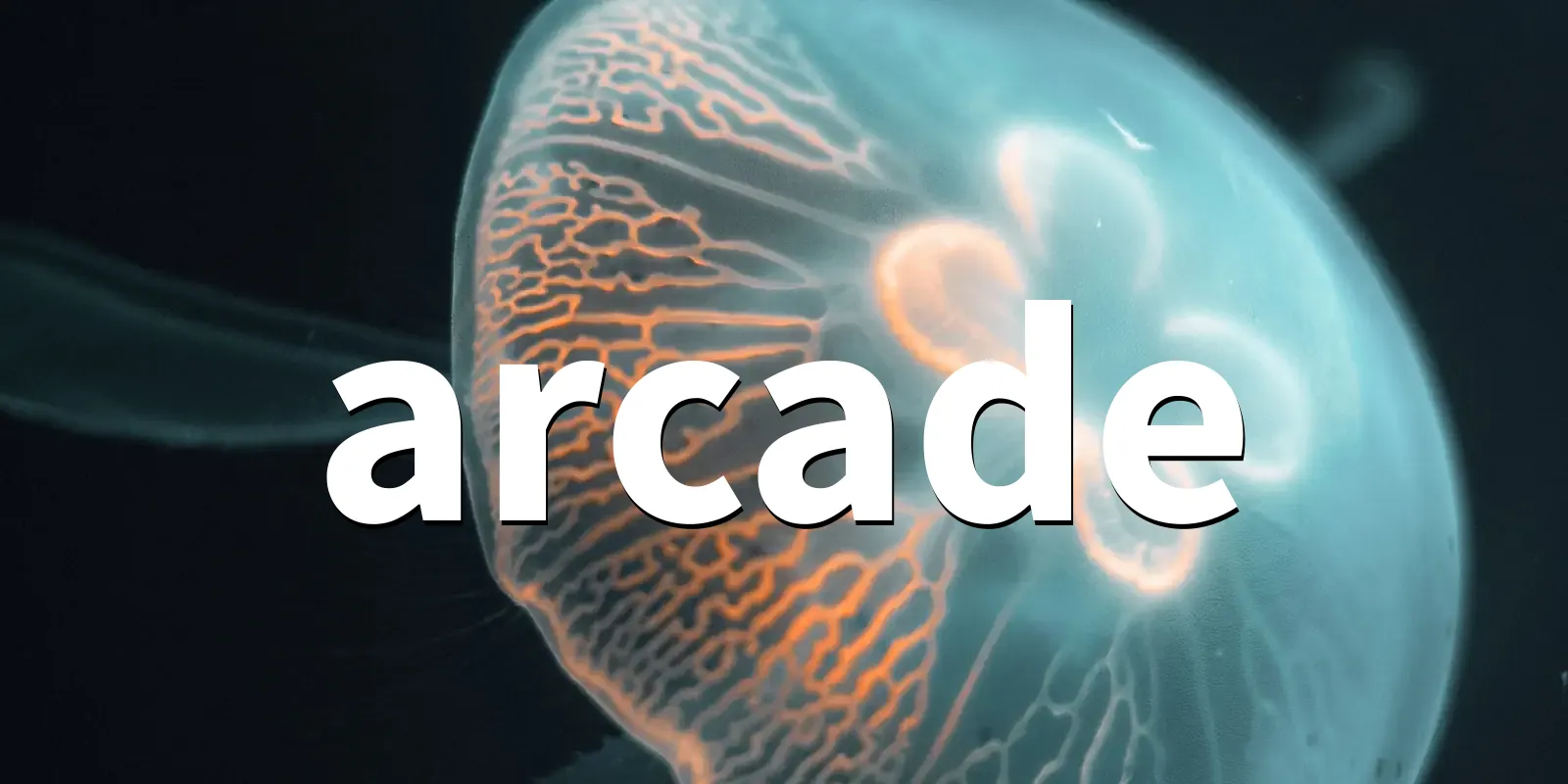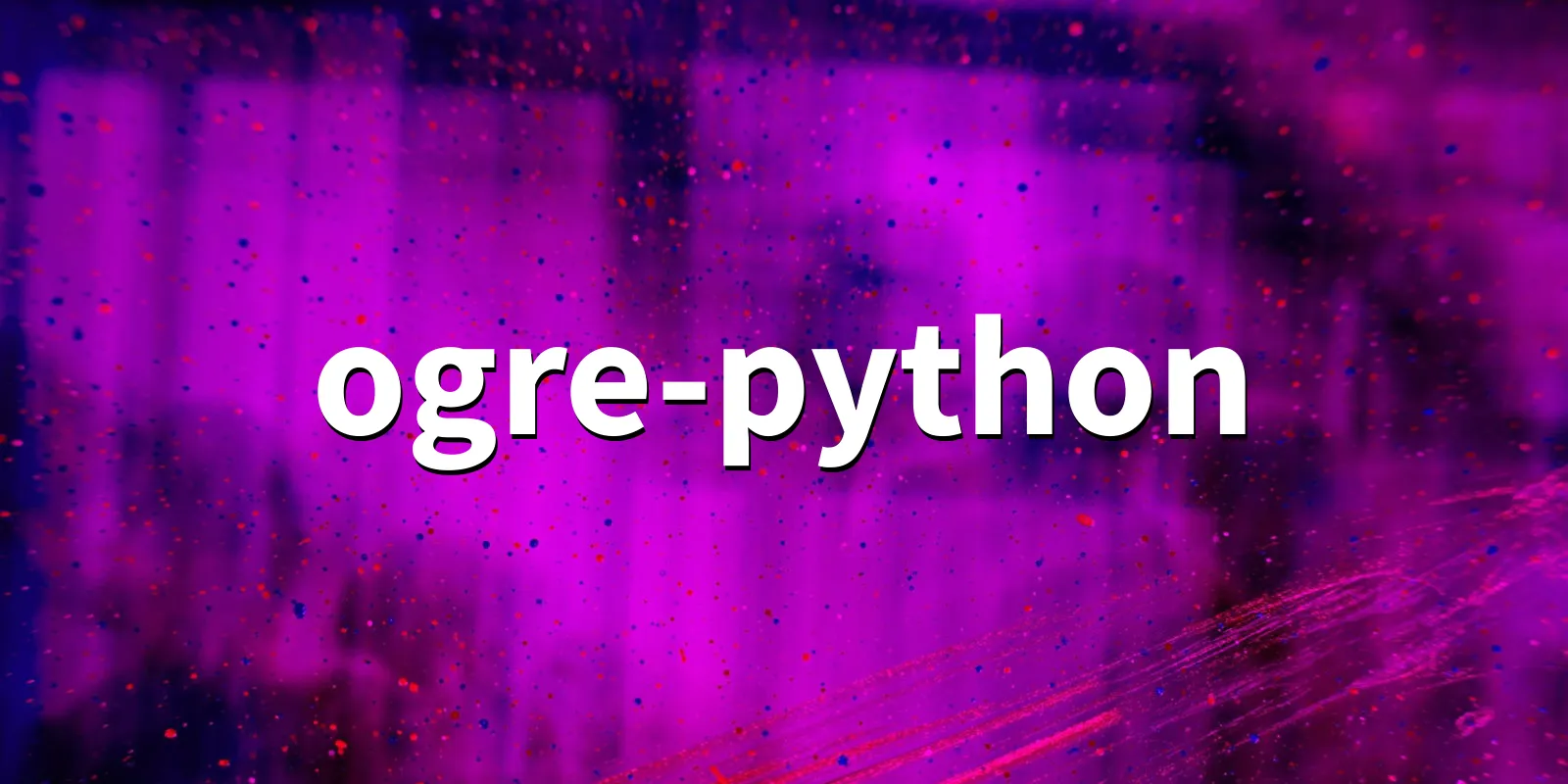
ogre-python 14.3.0
0
Object-Oriented Graphics Rendering Engine - python package
Contents
Object-Oriented Graphics Rendering Engine - python package
Stars: 3948, Watchers: 3948, Forks: 973, Open Issues: 130The OGRECave/ogre repo was created 8 years ago and the last code push was 3 days ago.
The project is very popular with an impressive 3948 github stars!
How to Install ogre-python
You can install ogre-python using pip
pip install ogre-python
or add it to a project with poetry
poetry add ogre-python
Package Details
- Author
- None
- License
- MIT
- Homepage
- https://www.ogre3d.org
- PyPi:
- https://pypi.org/project/ogre-python/
- Documentation:
- https://ogrecave.github.io/ogre/api/latest/manual.html
- GitHub Repo:
- https://github.com/OGRECave/ogre
Classifiers
- Multimedia/Graphics/3D Rendering
- Scientific/Engineering
- Software Development
Related Packages
Errors
A list of common ogre-python errors.
Code Examples
Here are some ogre-python code examples and snippets.
GitHub Issues
The ogre-python package has 130 open issues on GitHub
- Unable to load the plugin
Plugin_DotSceneandCodec_Assimp - Fix bug any_cast for iOS clang compiler
- Small API breaks
- rename EntityMaterialLodChangedEvent
- Spotlight: duplicated frustum settings
- add shared_auto_params_ref
- Make BSP scene manager pure renderable
- Decouple renderable processing from SceneManager
- Real type abuse
- add more shading options
 pythonfix
pythonfix